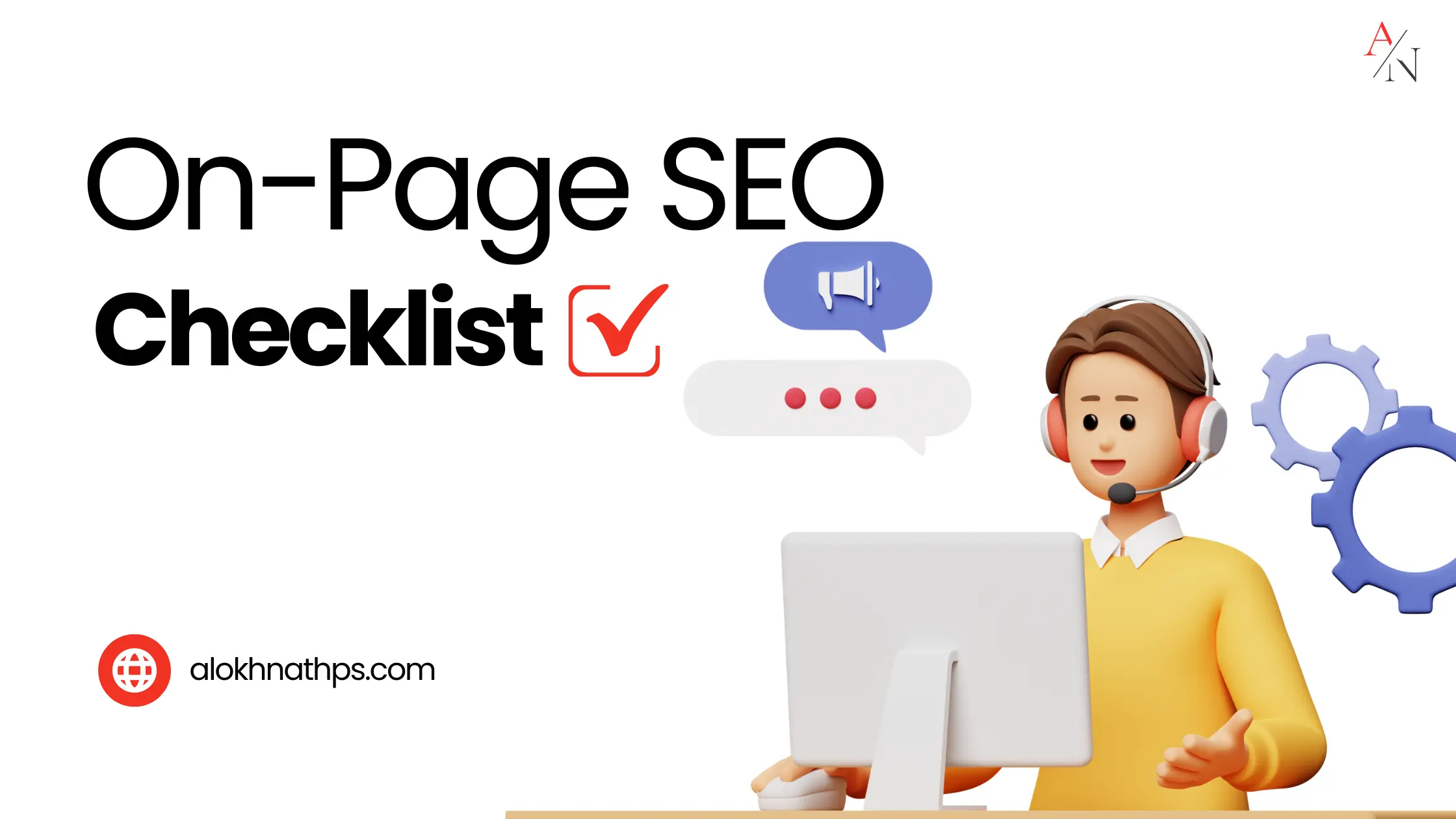Published
March 24, 2025
This checklist covers essential on-page SEO elements to optimize your website content for search engines.
Content Optimization
- High-Quality, Relevant Content
- Content is original, informative, and engaging.
- Content addresses the user's search intent.
- Content is comprehensive and covers the topic thoroughly.
- Keyword Usage
- Primary keyword is used naturally in the content.
- Secondary and LSI keywords are incorporated appropriately.
- Keyword density is natural and avoids keyword stuffing.
- Readability
- Content is easy to read and understand.
- Uses short paragraphs and clear sentences.
- Uses headings and subheadings to break up text.
- Uses bullet points and lists for clarity.
- Uses active voice where appropriate.
Title Tag
- Primary Keyword
- Title tag includes the primary keyword.
- Length
- Title tag is within the recommended length (50-60 characters).
- Compelling
- Title tag is engaging and accurately reflects the content.
- Title tag encourages clicks.
Meta Description
- Primary Keyword
- Meta description includes the primary keyword.
- Length
- Meta description is within the recommended length (150-160 characters).
- Compelling
- Meta description is a concise summary of the page's content.
- Meta description includes a call to action.
URL Optimization
- Keyword Inclusion
- URL includes the primary keyword.
- Short and Descriptive
- URL is short and easy to understand.
- URL is user-friendly and avoids unnecessary parameters.
Internal Linking
- Relevant Links
- Internal links point to relevant pages on your website.
- Anchor text is descriptive and includes relevant keywords.
- User Experience
- Internal links improve website navigation.
- Internal links keep users engaged.
Mobile Optimization
- Responsive Design
- Website is responsive and adapts to different screen sizes.
- Mobile-Friendly Content
- Content is easy to read and navigate on mobile devices.
- Buttons and links are easy to tap.

